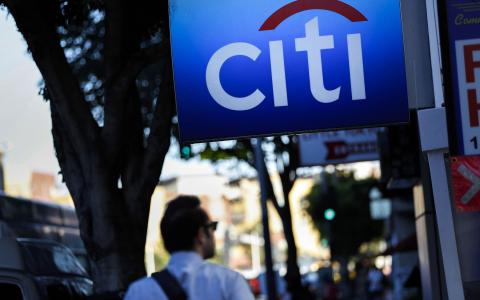
Citigroup said it will refund $335M to US customers whose annual percentage rate should have been lower.
The lender determined that a method it was using to calculate APRs didn’t properly reflect the full benefit customers should have received for good behavior, such as paying on time, the New York-based bank said in a securities filing that disclosed the issue and the total cost.
It’s currently reviewing accounts and plans to have refund checks in the mail by the second half of the year.
The Credit Card Accountability Responsibility and Disclosure (CARD) Act of 2009 requires lenders to periodically review accounts whose APR had been raised to see if subsequent good behavior makes them eligible for a rate reduction.
From 2011 to 2017, the bank delivered $3 billion in savings through such reviews.
That was about 90% of what customers should have received.
“Citi has semi-annually reviewed U.S. credit-card accounts that experienced an interest-rate increase to identify those eligible for a rate reduction,” spokeswoman Liz Fogarty said in a statement.
“A periodic internal review identified potential flaws in the methodology used to reevaluate interest rates on some credit-card accounts.”
Black Eye
The issue is a setback for CEO Mike Corbat, who has tied some of bank’s future growth to expanding its credit-card operation.
In 2015, the bank was ordered to pay $700 million to customers and fined $70 million over illegal practices related to its marketing of card add-on products.
In the latest case, Citigroup will issue refunds, or in some instances reduce an account balance, for 1.75 million affected accounts, the bank said.
That works out to an average of about $190 an account, including interest owed.
More than half of those affected should have gotten bigger rate cuts, while the rest were entitled to a reduction but didn’t get one.
Citigroup managed a total of 250 million accounts across its branded and retail-partner cards during the period in question, and currently has about 120 million accounts.
The company will find customers who no longer have an account with the bank and make sure they receive their refund.
The lender discovered the flaws on its own and self-reported it to regulators, according to the filing. It didn’t find any evidence of misconduct.
The Consumer Financial Protection Bureau oversees lenders’ compliance with the CARD Act.



